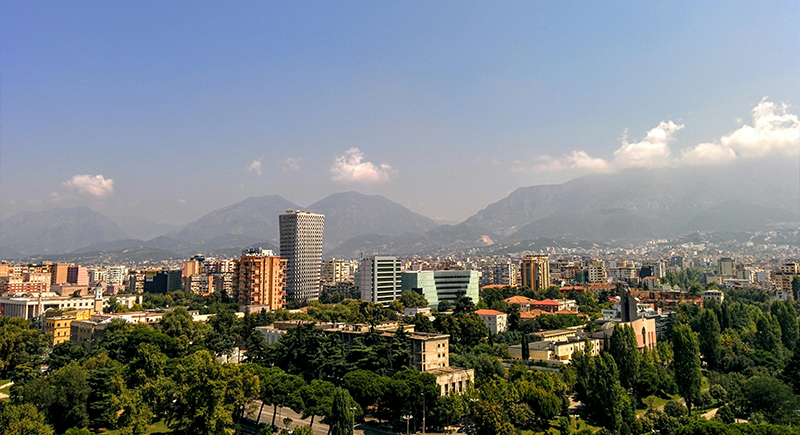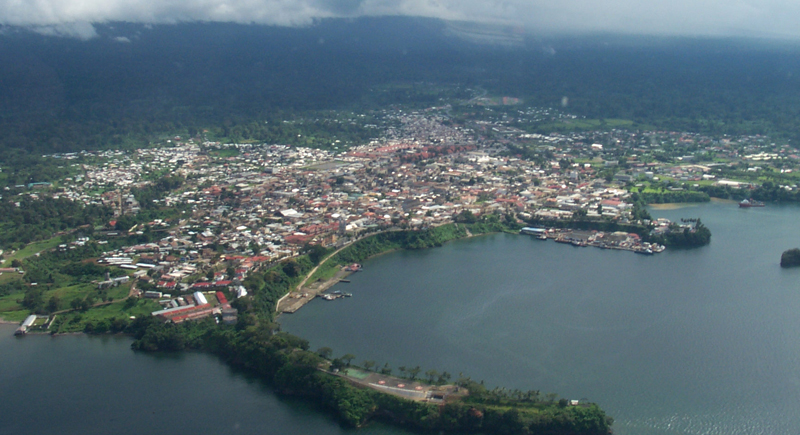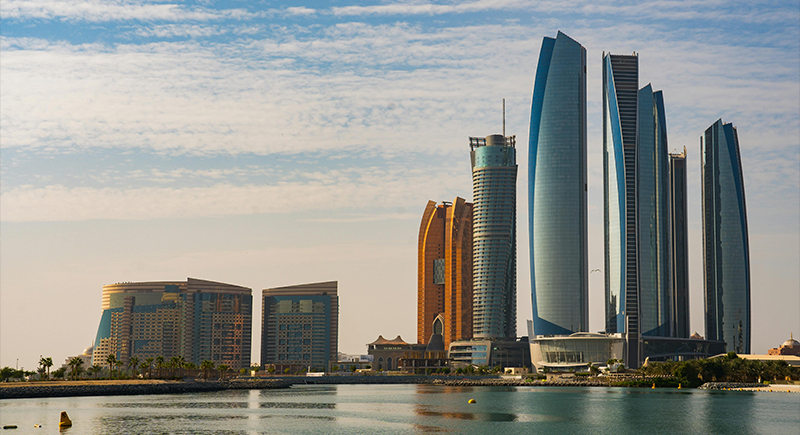Christianity is one of the most widely practiced religions in the world, and its presence can be found even in countries where Islam is the dominant faith. In these nations, Christianity continues to thrive and often coexists with Islam in distinct and often complex ways. Many have sizable Christian communities that contribute to the rich religious diversity of the region.
In this article, we explore 15 countries with a Muslim majority where Christianity has merged with Islam.
Senegal

Muslim Population: 97.2%
Christian Population: 2-3%
Senegal may be predominantly Muslim, but its Christian population is respected and well-integrated into society. Interfaith families are common, and people from different religious backgrounds often come together for holidays and festivals. Mutual understanding is a defining trait in Senegal.
Albania

Muslim Population: ~1.8 million
Christian Population: ~580,000
Albania has a long history of religious diversity. While Muslims make up the majority, the Christian communities—both Catholic and Orthodox—still hold an important place in the culture. In cities like Tirana, mosques and churches often stand side by side. This makes Albania a model of religious integration in a region that has experienced much division.
Uzbekistan

Muslim Population: ~29.9 million
Christian Population: ~710,000
Uzbekistan is another example of faith communities flourishing under Muslim-majority governance. Despite challenges, such as difficulties with religious registration, Christianity remains an integral part of the social and cultural norms.
Guinea

Muslim Population: ~10.6 million
Christian Population: ~1.03 million
Islam is the dominant religion in Guinea, but its Christian community is also active and influential. Around 10% of Guinea’s population practices Christianity. Muslims and Christians live harmoniously in Guinea, and the constitution guarantees freedom of religious expression.
Saudi Arabia

Muslim Population: ~31.5 million
Christian Population: ~1.5 million
Saudi Arabia is the heart of the Islamic world, but it is also home to a large Christian expatriate population. While the country’s citizens are almost entirely Muslim, Christians from countries like the Philippines, India, and Western nations form a significant part of the workforce. It’s a different religious presence, shaped by the country’s unique laws.
Lebanon

Muslim Population: ~3.6 million
Christian Population: ~1.7 million
Lebanon’s approach to religious diversity is built into its political system, which allocates positions based on religious affiliation. Christians comprise a significant portion of the population—around 40%—and their influence is still very much present in Lebanon’s culture, politics, and economy.
Malaysia

Muslim Population: ~20.1 million
Christian Population: ~2.82 million
The Christian population is particularly strong in East Malaysia. While Islam is the official religion, there’s a solid tradition of interfaith dialogue as Christianity makes up about 9.1% of the population. Religious tensions occasionally arise, such as in disputes over the use of the word “Allah,” but overall, Malaysia has been successful in maintaining peace.
Pakistan

Muslim Population: ~240.8 million
Christian Population: ~3.3 million
Pakistan’s Christian community may be small in comparison to the Muslim majority, but it’s an important one. Christians in Pakistan often work in key sectors like healthcare and education, and despite facing discrimination, they continue to serve their communities.
Egypt

Muslim Population: ~90 million
Christian Population: ~10 million
Egypt has one of the largest Christian populations in the Muslim world, with the Coptic Orthodox Church being particularly significant. Though Christians face social and political challenges, especially regarding religious freedom, Egypt’s Christian community has shaped its identity, contributing to its rich history and culture.
Nigeria

Muslim Population: ~100 million
Christian Population: ~80.5 million
Nigeria is a unique case, with nearly an equal split between Muslims and Christians. This religious balance creates both cooperation and tension, particularly between the northern Muslim-majority and the southern Christian-majority regions.
United Arab Emirates (UAE)

Muslim Population: ~7.2 million
Christian Population: ~1.25 million
The UAE is known for its multicultural spirit and is home to over a million Christians, mostly expatriates from the Philippines, India, and Africa. While Islam remains the state religion and native Emirati Christians are rare, churches are officially recognized across Dubai, Abu Dhabi, and other emirates. Thanks to its strong policy of religious tolerance, the UAE stands today as one of the most diverse nations in the region.
Indonesia

Muslim Population: ~242 million
Christian Population: ~29.4 million
Indonesia is the world’s largest Muslim-majority country, but its Christian population is also sizable. Christianity is especially prevalent in areas like North Sulawesi and Papua. The country’s national philosophy, Pancasila, encourages religious tolerance.
Chad

Muslim Population: ~9.5 million
Christian Population: ~6.5 million
Chad isn’t usually the first country that comes to mind when considering religious diversity, but it’s one of the most balanced. Muslims make up just over half the population, and Christians account for about 40%. Both communities play major roles in the country’s culture, politics, and daily life.